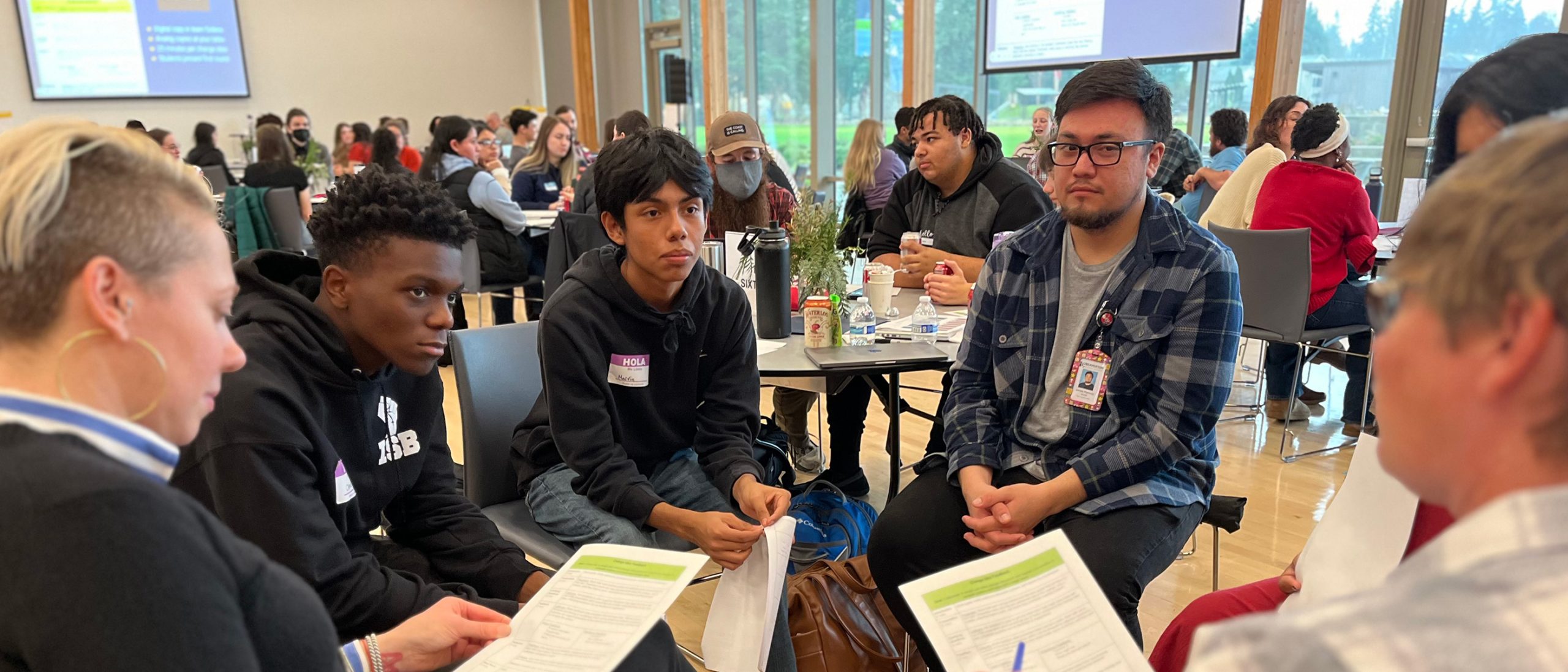
Our Projects
Our team takes pride in contributing to initiatives that matter. Each project represents a commitment to positive change and innovation reflective of the communities they serve. Uncover the stories behind our projects and join us in shaping a better tomorrow.
Featured Project
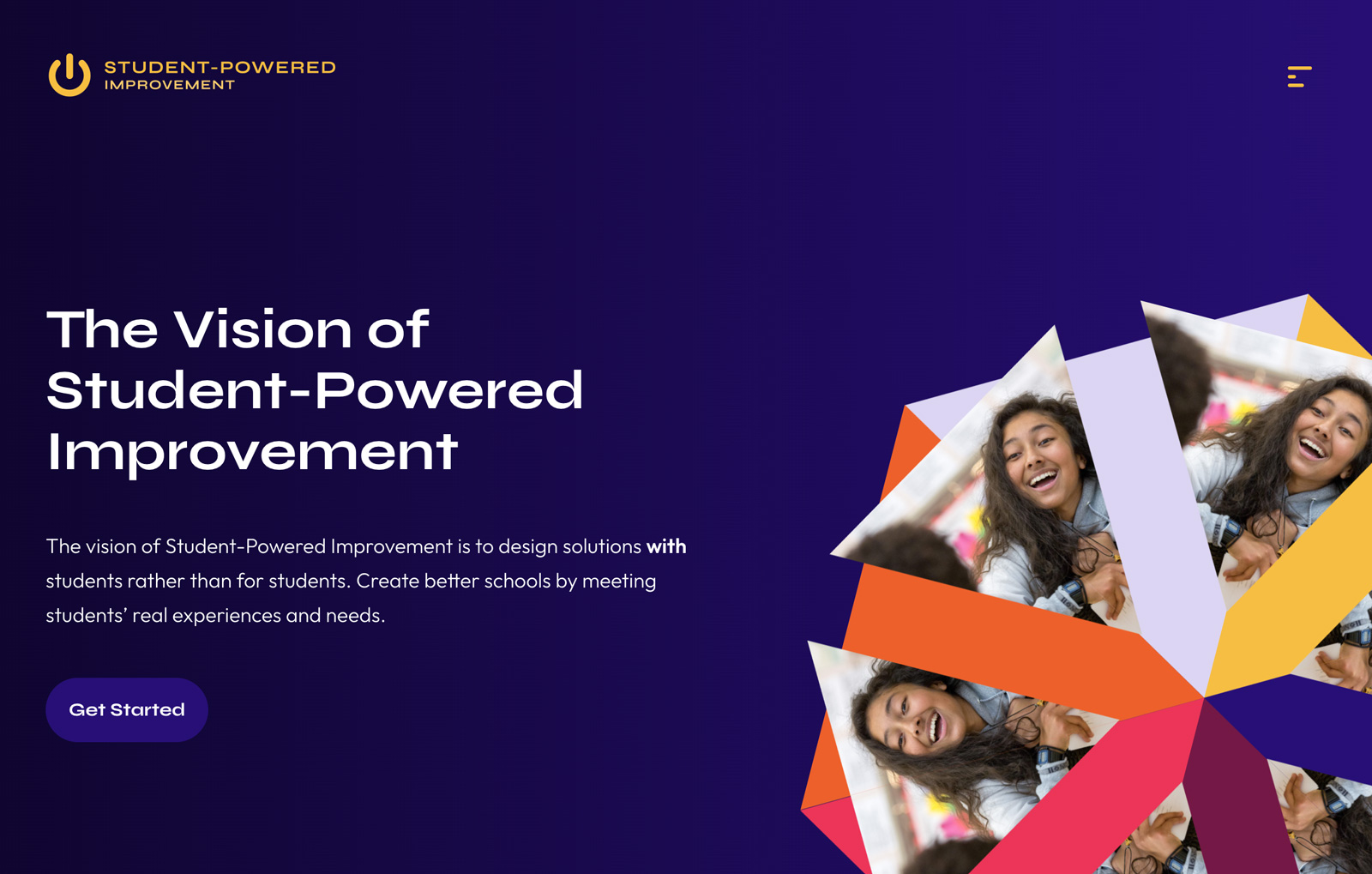
Student-Powered Improvement
The vision of Student-Powered Improvement is to design solutions with students rather than for students. Informed by the work of Networks of School Improvement and supported by the Bill & Melinda Gates Foundation, this resource includes case studies, guiding principles, and free courses.
Project Stories
We invite you to explore our collection of impact stories.
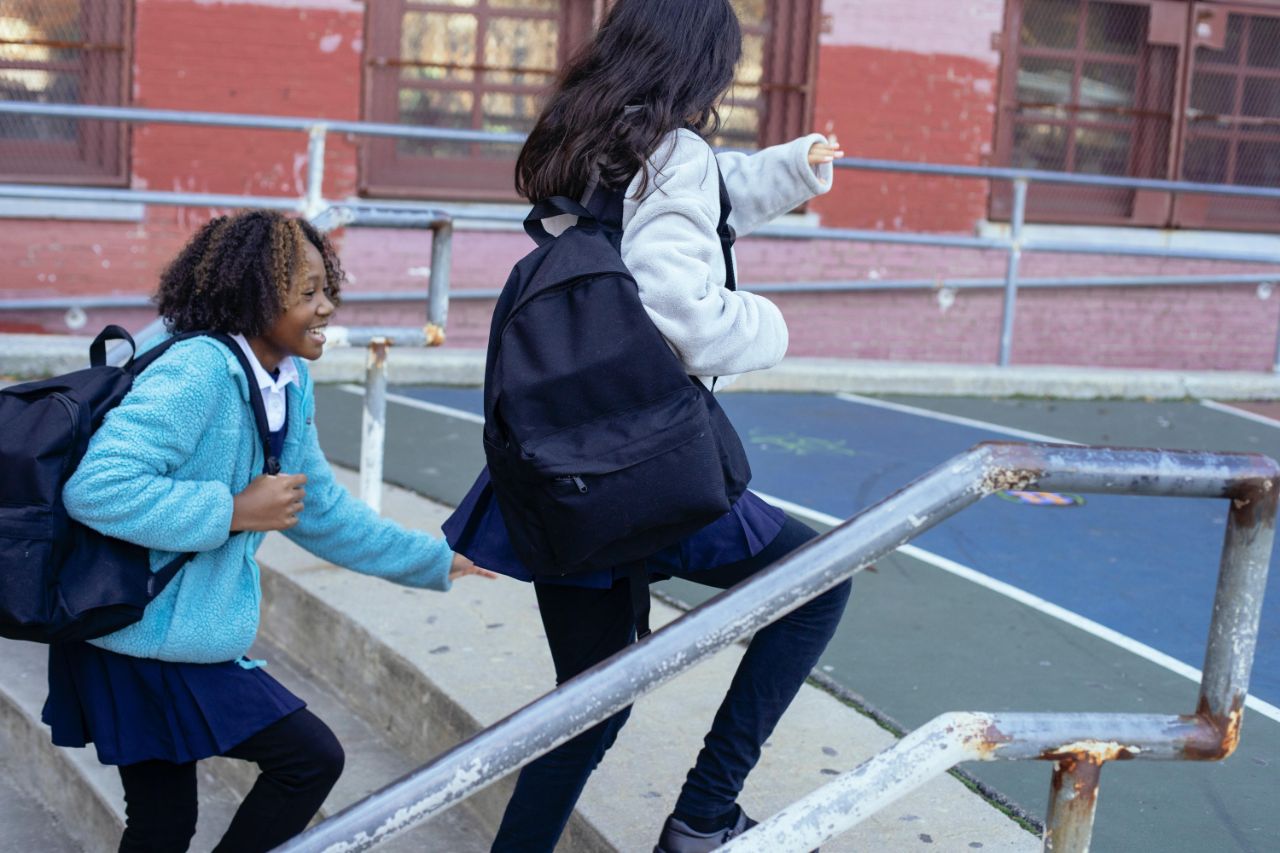
Reynolds School District
Improving Attendance
Before the pandemic, 25 percent of the students in Reynolds school district were chronically absent from school. Despite being part of statewide efforts focused on chronic absenteeism, the district’s numbers were not moving enough. They needed a different approach.
Approach:
CDP provided improvement support to a multidisciplinary team that included teachers, administrators, front office staff, transportation, food service staff and community partners. We supported the team to use a human-centered continuous improvement approach which began by trying to understand why students were chronically absent. We trained teams to conduct empathy interviews which helped uncover many root causes of the problem. We helped the team create a theory of improvement, “mapped“ parts of the system that needed to be improved, and co-designed new solutions to test towards goals such as improved communications with families, more welcoming entry to school, and redesigned attendance routines.
Impact:
Every school reported positive changes in attendance for the group of students they targeted. For example, one school saw school wide attendance increase from 88% to 91%, another saw attendance increase from 93% to 97% in the grade targeted for intervention.
In their words:
This is the best process I have ever used.
— Educator
From this process, I learned that many of our perceived obstacles [to increasing attendance] are within our control to influence in a positive way.
— Educator
Speaking with students and getting their point of view was a powerful way to see the system.
— Educator
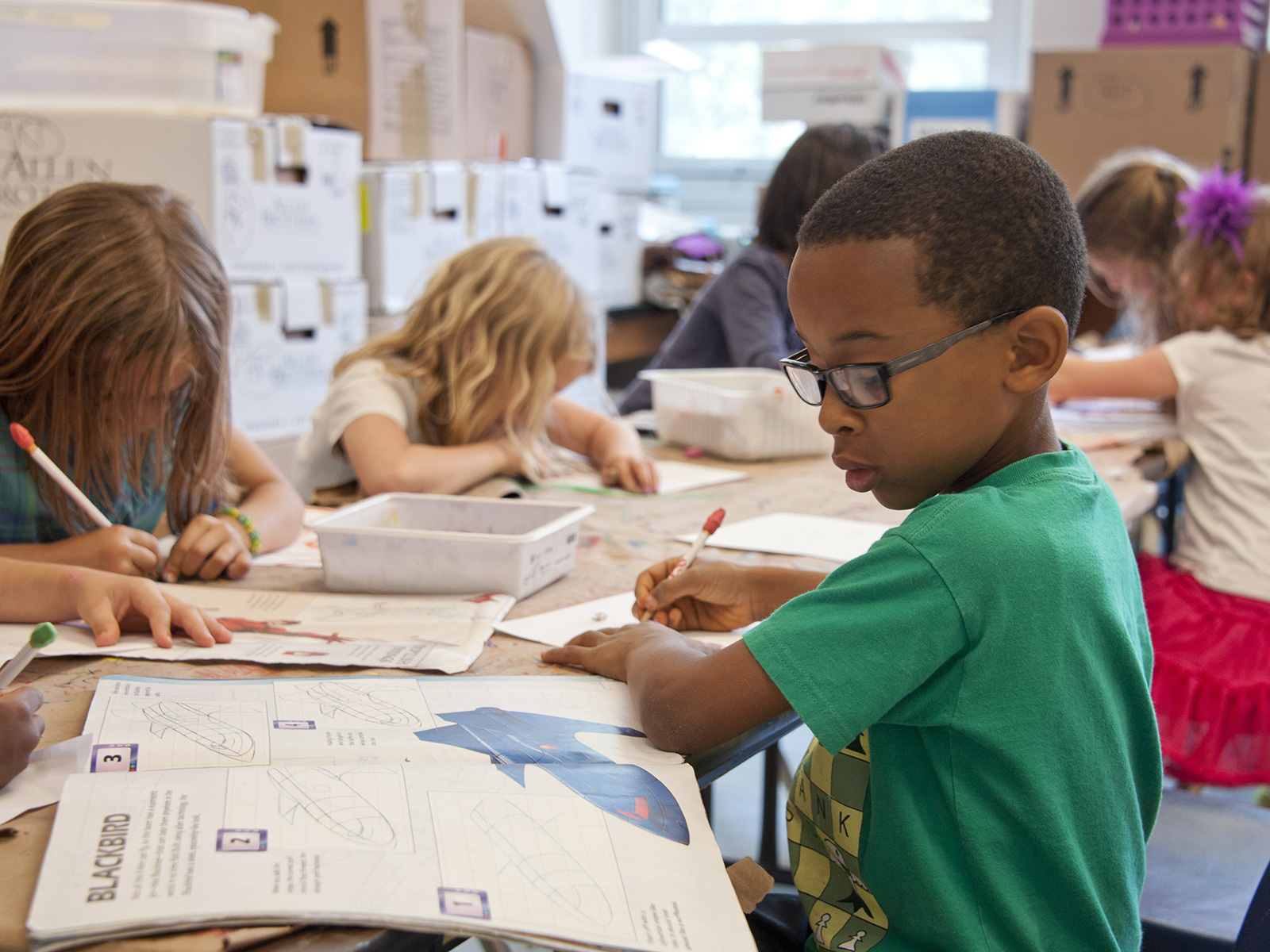
Children's Institute
Pre-K through 5th Grade Alignment
The Children’s Institute (CI) recognized that disparate outcomes for elementary school students – especially for historically marginalized students – was in part due to a lack of alignment between early learning providers and elementary school educators.
Approach:
CDP provided improvement support for the Early School Success network across Oregon. We Over several years, we trained and coached CI staff to use human-centered continuous improvement across their network of 8 suburban elementary schools and 6 rural elementary schools. We co-facilitated convenings and team meetings with the CI team as we watched their capacity grow. With our support, the CI team developed toolkits, protocols, videos, and a change library of ideas from the network.
Impact:
An external evaluation report found that this work has “improved the academic and social-emotional outcomes of children and positively impacted the school experiences and engagement of families with young children. For example, one district saw an increase in the percentage of children experiencing disabilities receiving preschool services in inclusive classrooms with typical peers, from 18% of eligible children to 50%. Another school saw young children increase from 34 to 75 the number of words children could read per minute.
In their words:
I used to think this [alignment] work would not be included in public education. Now I think it needs to be the backbone of public education.
— Educator
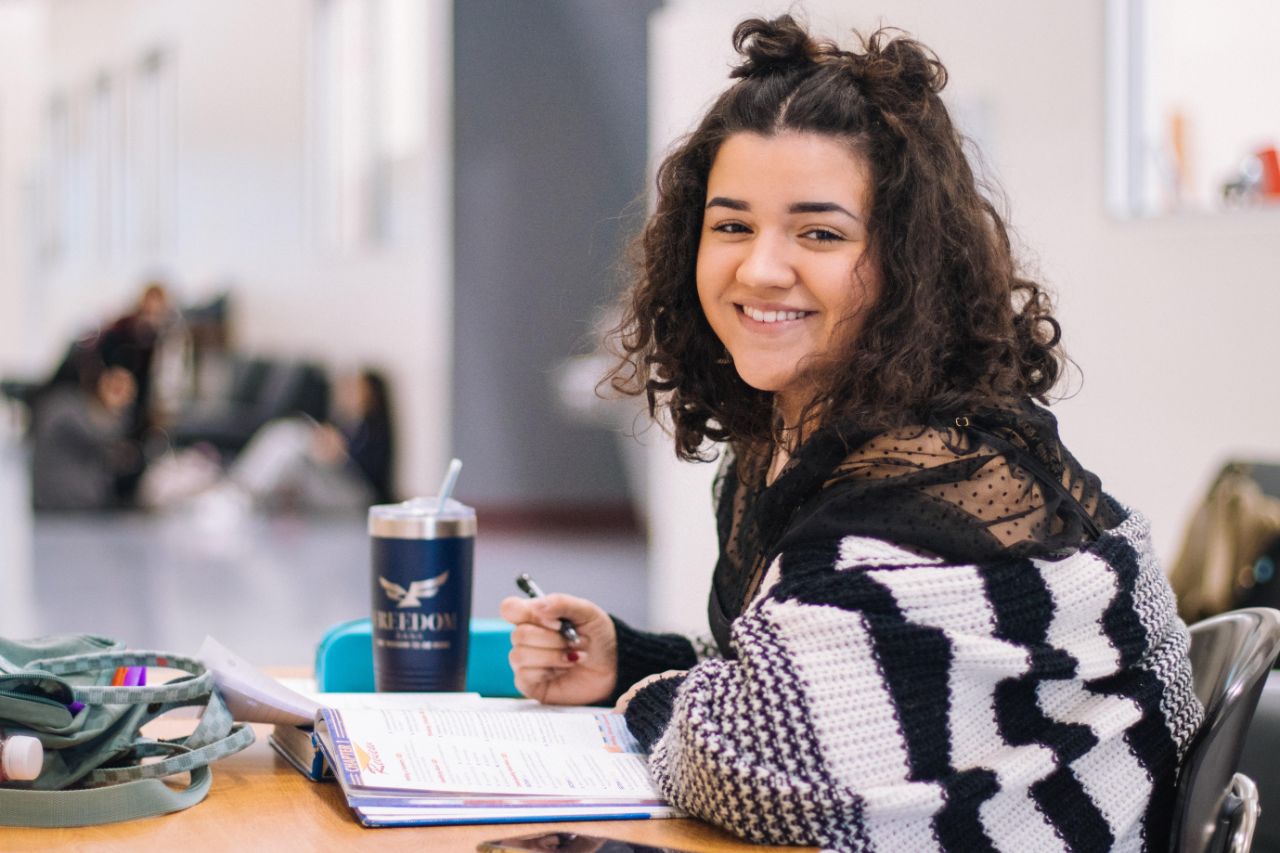
Charleston County School District
Engaging and Affirming Classrooms
Charleston County School District educators wanted to increase cultural competence in order to create more affirming and engaging classrooms for all of their students.
Approach:
CDP supported a diverse team of students, teachers, counselors, and administrators from across the district to more deeply understand the perspectives and needs of their diverse student population. We facilitated a multi-month design camp using the mindsets and principles of human-centered continuous improvement. Participants engaged even more community members through listening sessions that CDP trained them to facilitate together. We also helped build customized protocols to continue and engage stakeholders.
Impact:
Students and educators learned the importance of student voice in education, designed strategies to reduce implicit bias, increase student choice in demonstrating knowledge, and implement partner learning projects. Educators also identified personal professional learning that they needed to help meet the diverse needs of their students.
In their words:
I appreciated the teachers who took the time to speak with us on how they feel and gave their honest opinions and true feelings/reflections because it feels good to know that you aren’t alone and there are others that feel the same way as you, and notice
— Student
I used to think that I was one of few people who saw the inequalities that some schools experienced. Now I am so happy to have an army with me who sees the need for change and wants to do something about it.
— Teacher
I appreciated Design Camp because it allowed me to speak and collaborate with teachers and students that I would have otherwise not had the opportunity to. I have learned that there is a high need for important discussions throughout our district!
— Teacher
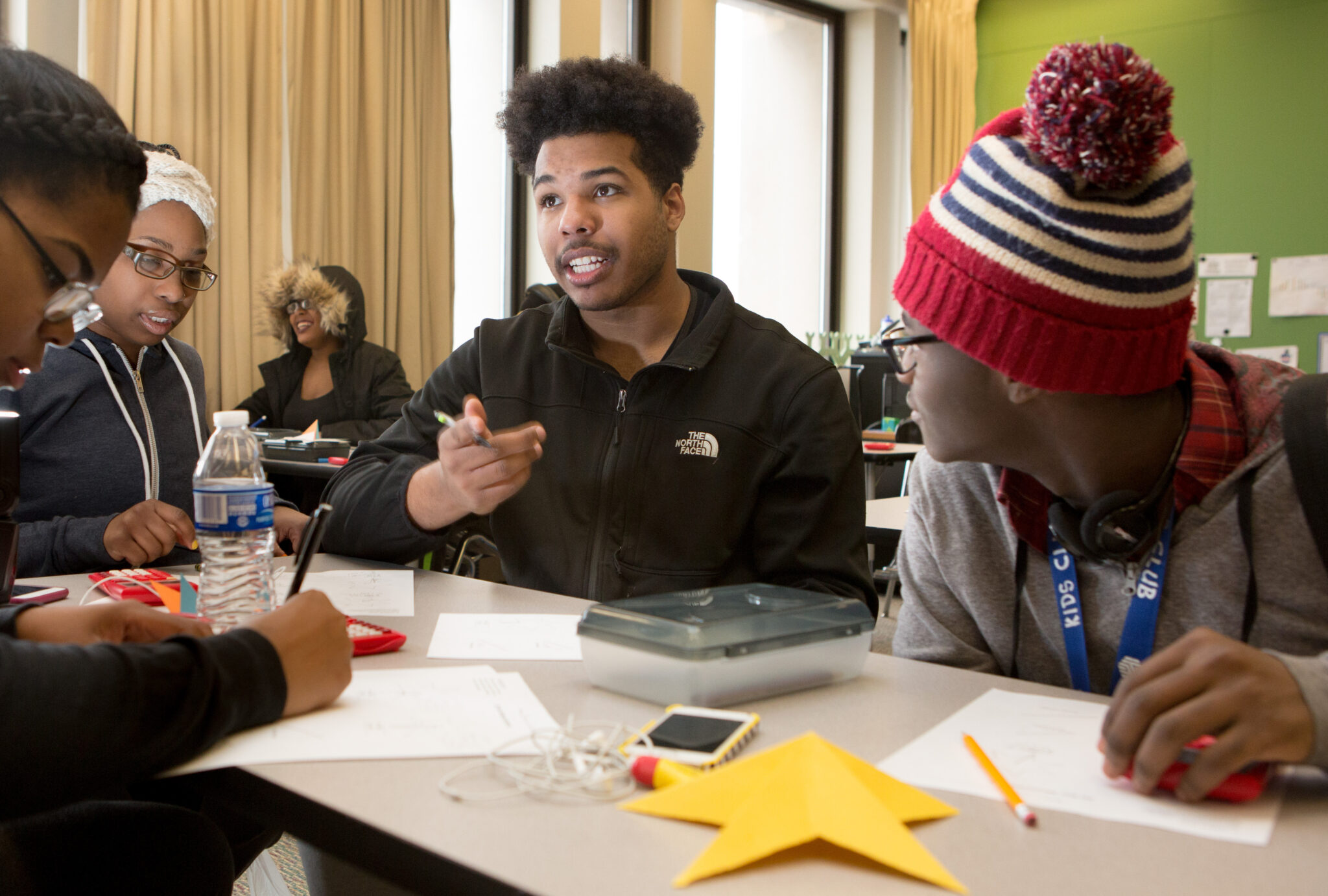
City Colleges of Chicago
Belonging and Inclusion for Black and Brown Students
As part of their equity focus, City Colleges of Chicago knew they needed to attend to issues of belonging and inclusion among Black and Brown students served by their seven colleges.
Approach:
CDP provided a workshop series about empathy interviews, an engagement strategy focused on listening to stories to uncover needs. Participants learned how to authentically listen to students’ stories about belonging and inclusion to inform their change efforts.
Impact:
Over 90 program staff members, administrators, students, and faculty members gained the skills to plan and conduct empathy interviews in order to center the stories and needs of Black and Brown students in their system. 100% of workshop participants said they were likely to use empathy interviews in their work as a result of the training.
In their words:
The work you do is needed to get through tough conversations, impact change, and strengthen organization...This partnership has allowed us not only to learn but to teach skill sets that embody equity.
— Erica Farris, District Director of Equity Initiatives
I liked being able to think about the different ways I will be using empathy interviews in my position as an institutional researcher. Whether with students, faculty, staff, or anyone else across City Colleges, I now have a better understanding of how to create a safer space.
— Faculty member
I learned so much about the overall structure and how to get people to open up -- especially the framework of creating comfort, attend to bias, and give space.
— Workshop participant
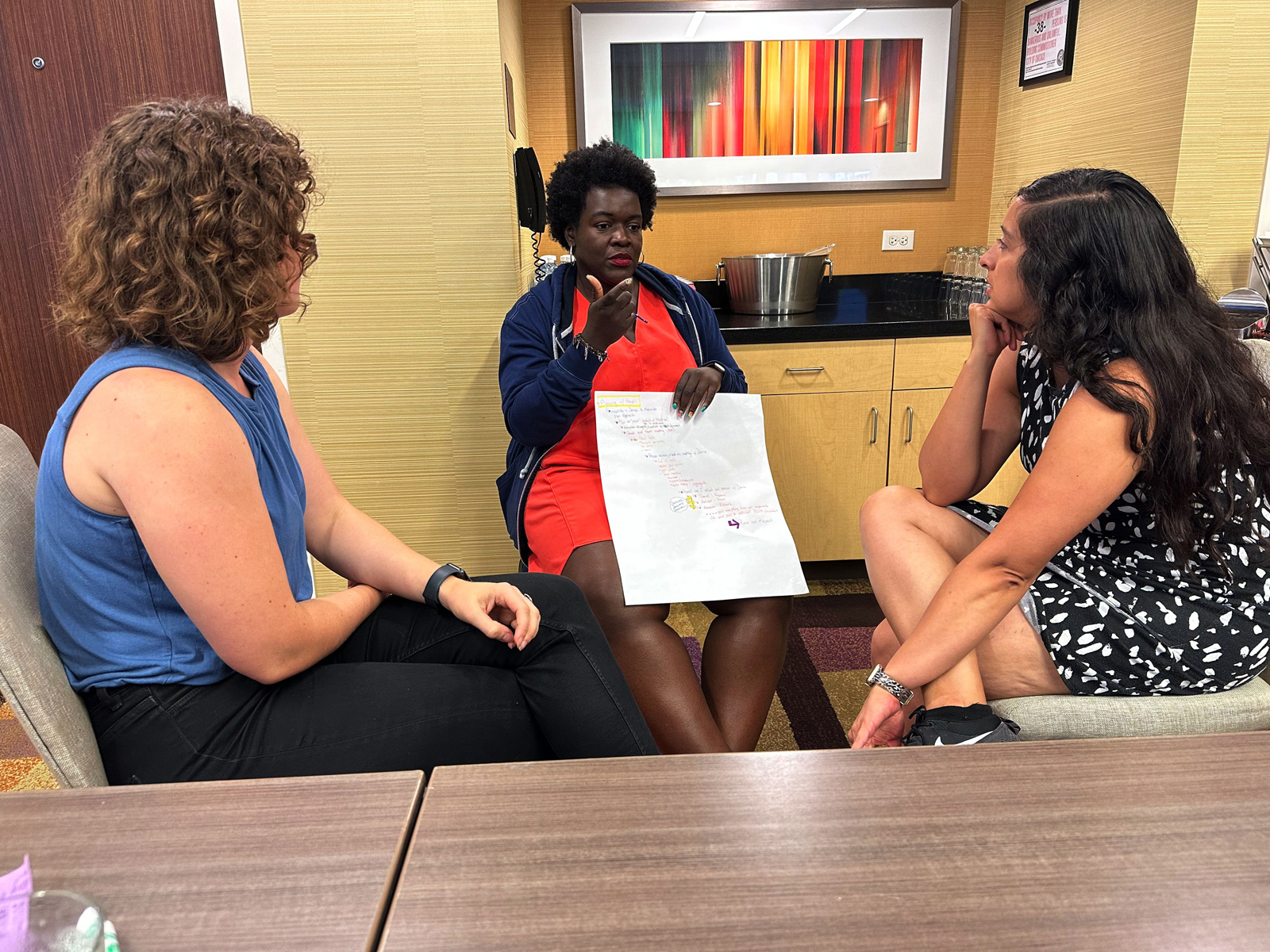
Teach Plus Chicago
Building a Culture of Improvement
Teach Plus Chicago, along with their partners at Rennie Center, wanted to improve the use of continuous improvement across their network.
Approach:
CDP designed and facilitated a two-day retreat for teacher leaders, improvement coaches, and organization leadership. While the team originally thought the retreat should focus on the tools they used, we helped create an experience that first prioritized the mindsets and relationships of human-centered continuous improvement. Participants engaged in generative reflection to identify bright spots, map relational processes, surface needs, ideate solutions, and ultimately leave with new ways to strengthen their improvement process.
Impact:
By centering teacher leaders and coaches as the “users” of their own continuous improvement processes, the group not only generated several promising ideas to improve the work, but also deepened their connections and enriched their shared understanding of what they can accomplish together.
In their words:
Transformative learning and fundamental improvement to how we do our work. Our Teach Plus Chicago NSI now has much more effective processes and deeper relationships as a result of this workshop facilitated by CDP.
— Participant
I used to think I had a lot to learn and now I think I have a lot to contribute.
— Participant
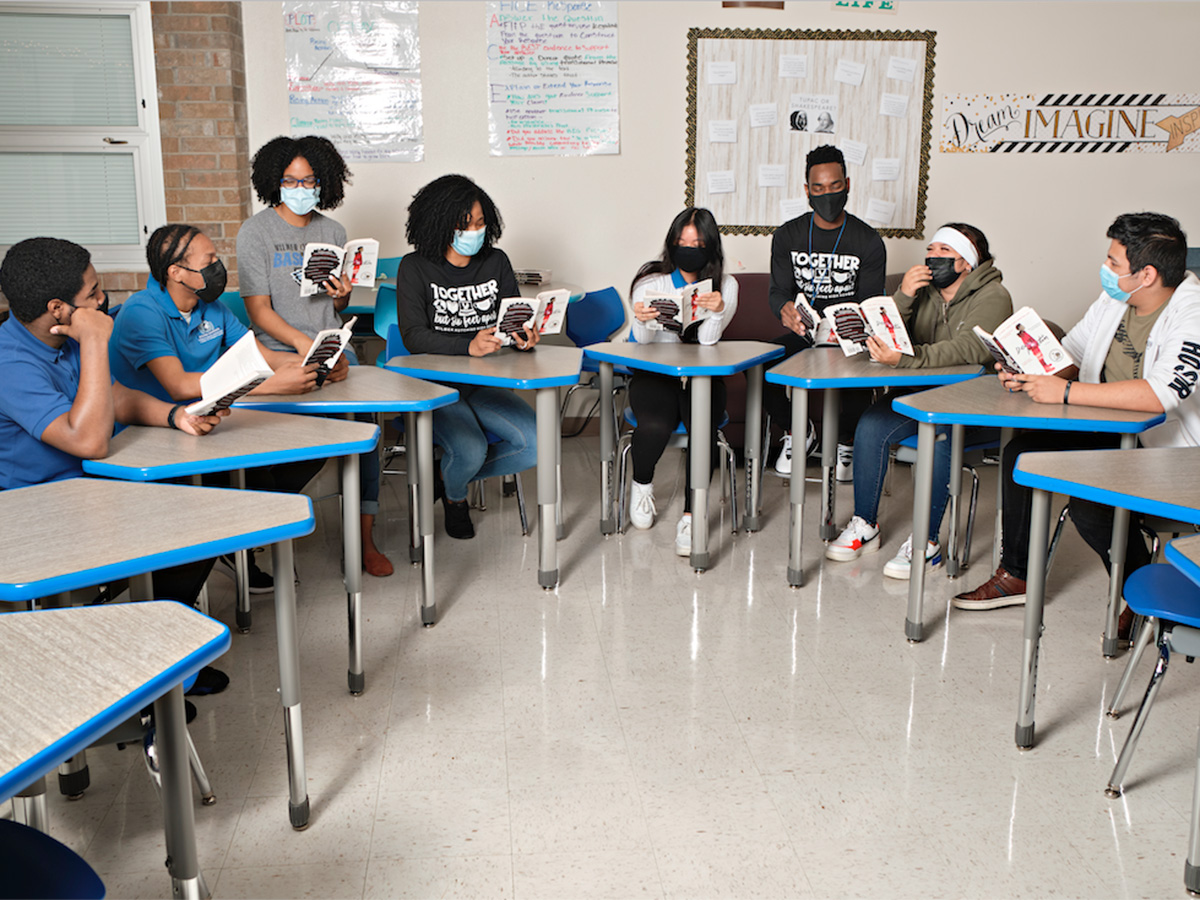
Dallas Independent School District
Create Racially Affirming Spaces
A group of students and teachers wanted to learn more about race, feel their racial identity was valued and respected, and create more safe spaces to talk about race and to learn how to disrupt racism.
Approach:
Community Design Partners facilitated a three-month design camp with seven teachers and 13 Black, Latinx and multi-racial students. Teachers and students met regularly in a facilitated zoom space to listen deeply to each others’ experiences with race and racism and develop six classroom lessons about racial identity.
Impact:
Teachers implemented lessons that explored the complexity and uniqueness of an individual’s racial identity and the connection to community and social identity. The district said this experience “helps educators skillfully navigate discussions and include student voices.”
In their words:
This is one of the reasons I went into education; to teach lessons like these. One of the main reasons I went into education is to teach the things my generation didn’t learn in school. But there isn’t always space like this to collaborate on something so powerful.
— Middle school teacher
I learned that no matter my race, I am me and no one can take that away from me.
— Participating student

Sabin Schellenberg
Improve Team Collaboration
Educators at Sabin Schellenberg, a large Career Technical Education school wanted to increase their collaboration which, historically, was very low since they didn’t share students or content areas.
Approach:
CDP facilitated a series of team meetings and retreats that supported team members to cultivate quality relationships, attend to team dynamics, and build shared values. Participants built team agreements designed to minimize fear and maximize hope; empathized with each others’ lived experiences that brought them into their current role; and elevated what they needed to thrive on a learning team.
Impact:
Over 70 teachers, administrators, custodial and secretarial staff members attended the first retreat. Feedback about the retreat was overwhelming positive; most participants thought the time was worthwhile and led to a deeper sense of connection.
In their words:
I used to think teachers, administrators, and classified staff were all siloed. Now I think we are all a team.
— Educator
I used to think I was an imposter here. Now I think I belong here.
— Educator
I used to think a big school couldn’t care about individual students and teachers. Now I think it’s possible for students and teachers to feel heard and understood in a big school system.
— Educator
Reach out to connect about the possibilities for your organization.
Our Partners


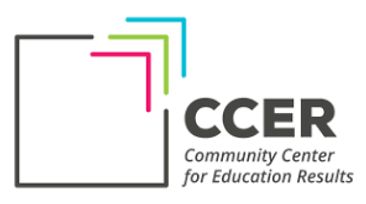



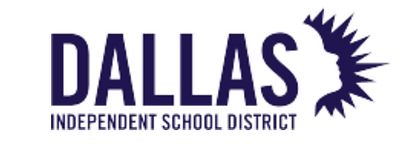
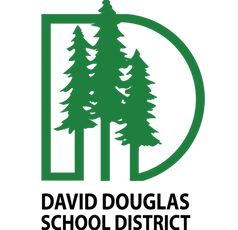

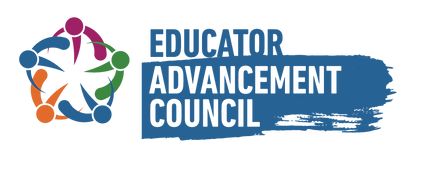

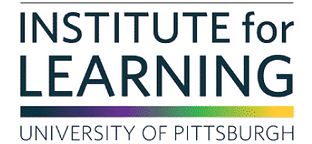
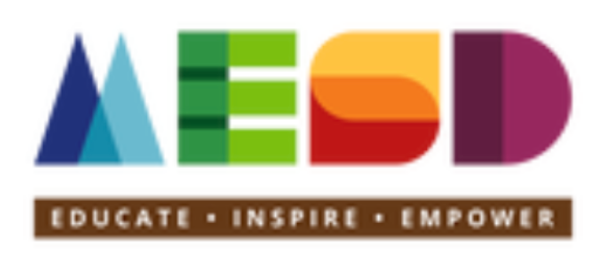

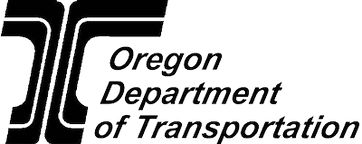


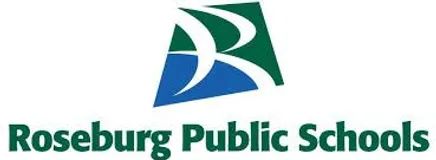


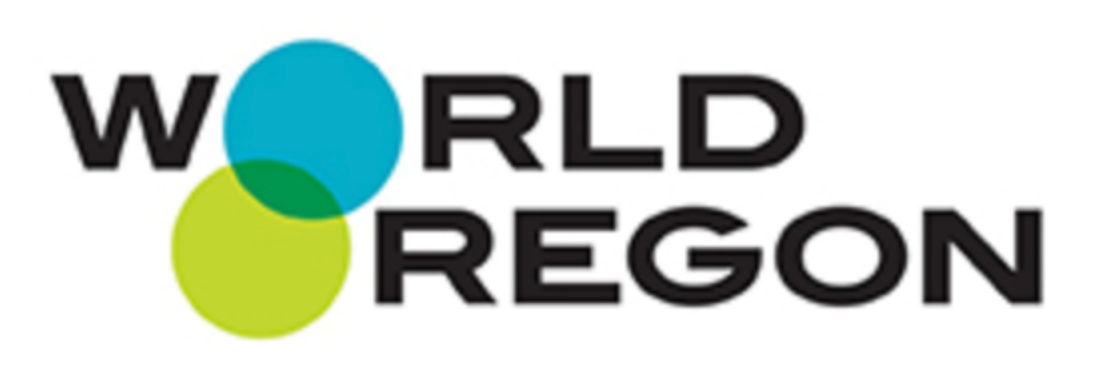
To a professional, our people were energized and brought into the processes you facilitated. They were prepared and motivated to expand attention on their root cause analysis, community engagement and short-term wins.
